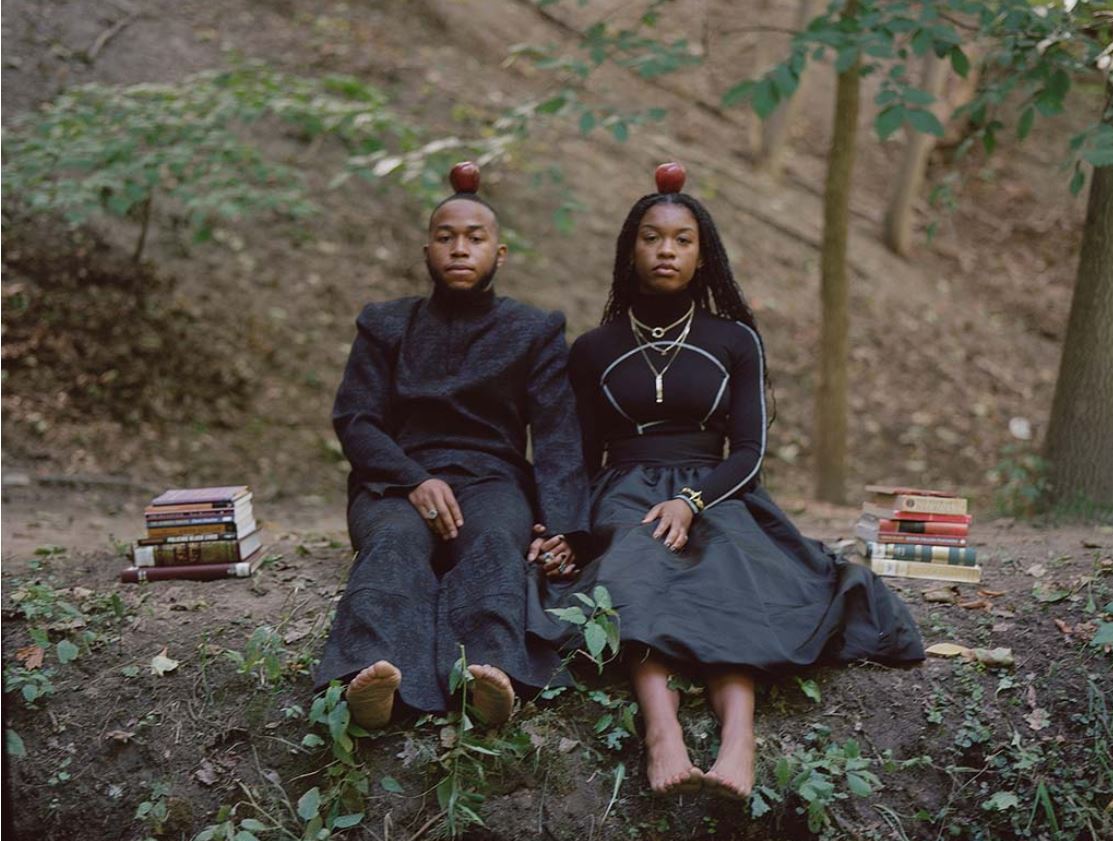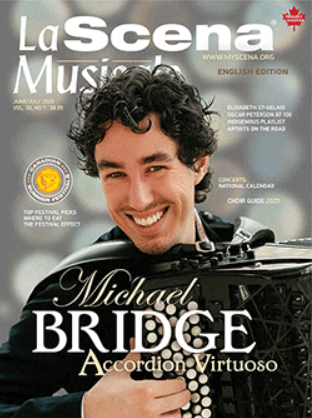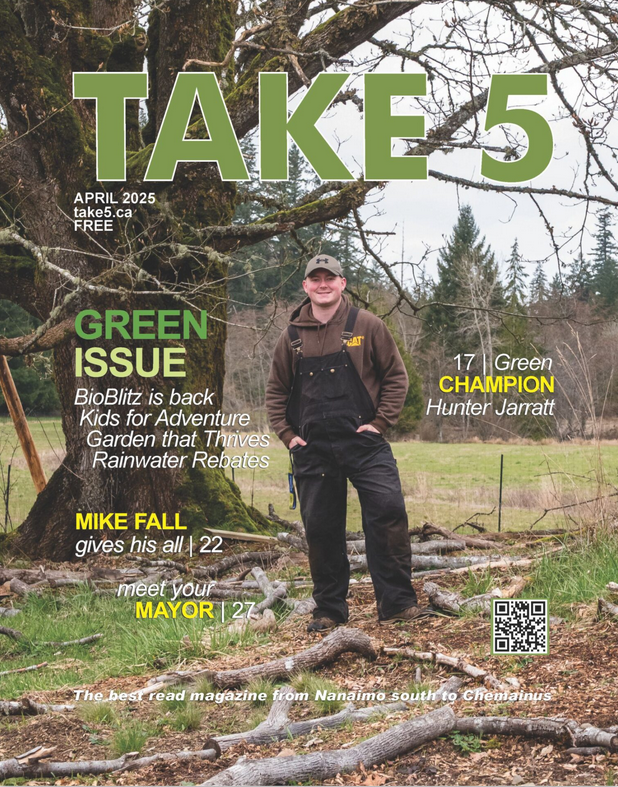Is Love a Synonym for Abolition? reviewed.
By Ashley Marshall for Rungh, Vol. 9 No. 1

Is Love a Synonym for Abolition?
Artists: Isabel Okoro, Timothy Yanick Hunter
Curator: Liz Ikiriko
Supporting Scholar: Katherine McKittrick
Location: Gallery 44 Centre for Contemporary Photography, Toronto
September 10 – October 23, 2021
From her phenomenal album Wary + Strange, the lyrics of Amythyst Kiah remain a presence guiding my understanding of how to be a contemporary abolitionist. Track nine, Sleeping Queen booms “I see humans as they are/Great beauty and great horror they are made of/Can we share anything when our heads, our hearts, our hands are empty.” The exhibition, “Is love a synonym for abolition?” is a title adopted from an essay by Saidiya Hartman. It is the work of Isabel Okoro and Timothy Yanick Hunter. Curated by Liz Ikiriko, this show poses necessary and timely questions, while holding space for the beauty, diversity, and complexity of Blackness.
Is Love a Synonym for Abolition? is an experience that reaches back into the corporeal displacement of Black bodies, while offering poetry steeped in the reality of contemporary tensions, and the magical realism of our biofictional futures. Academics who focus on the beautiful moments and revolutionary enclaves present in Black experiences create environments that support young artists. Specifically, the influence of Saidiya Hartman, a scholar of African American literature, informs how Black existence is a sublime afront to the pressures of identity theft. Through funding awarded by the Ontario Arts Council, the mentorship of Katherine McKittrick was commissioned for this exhibition, which combined music, visual art, place, technology, and diasporic literacy to create an experience of revolutionary being.
The poetry of Isabel Okoro offers some guiding themes through which to interpret the tensions between freedom and struggle. Her poem Normatopia posits “normal as a right to be.” For diasporic bodies, Black identities, migrant stories and many more ontologies, “being” is a tenuous experience, often with the genealogy of our ancestors and their homes informing how we experience our own time and place. Is Love a Synonym for Abolition explores the telluric relationship(s) Black people have with land and history.
View more photos and read full article here.














